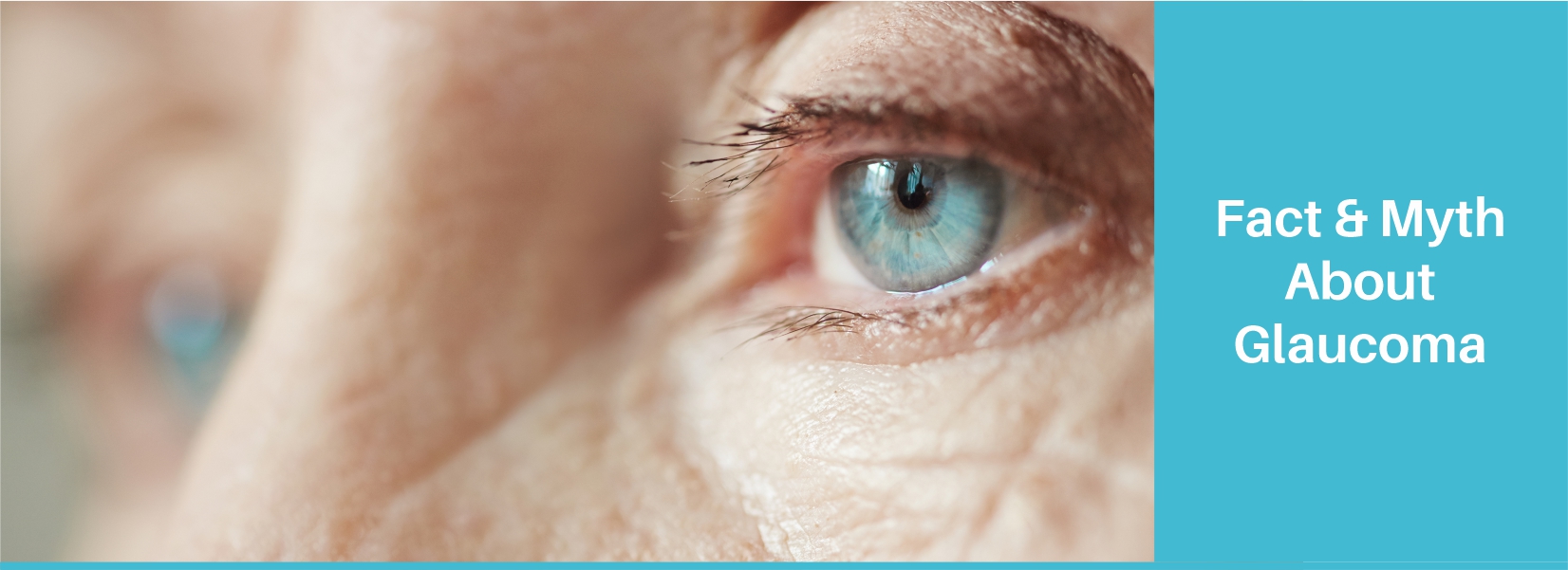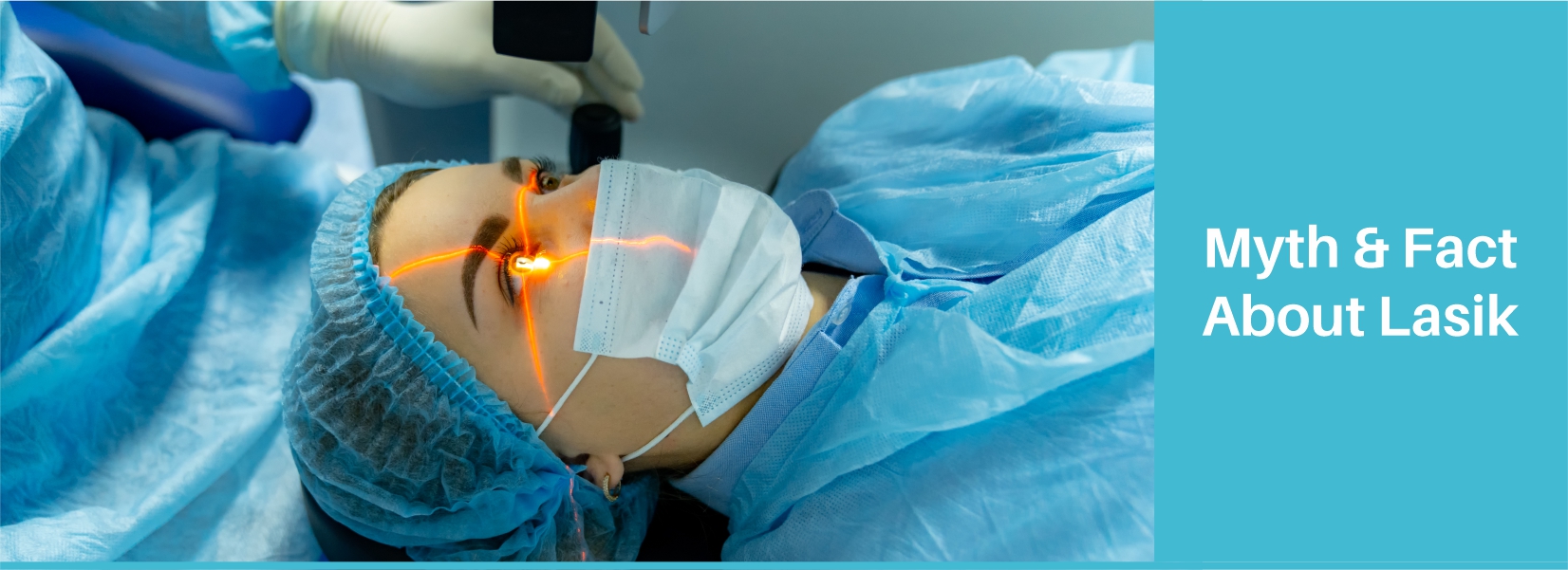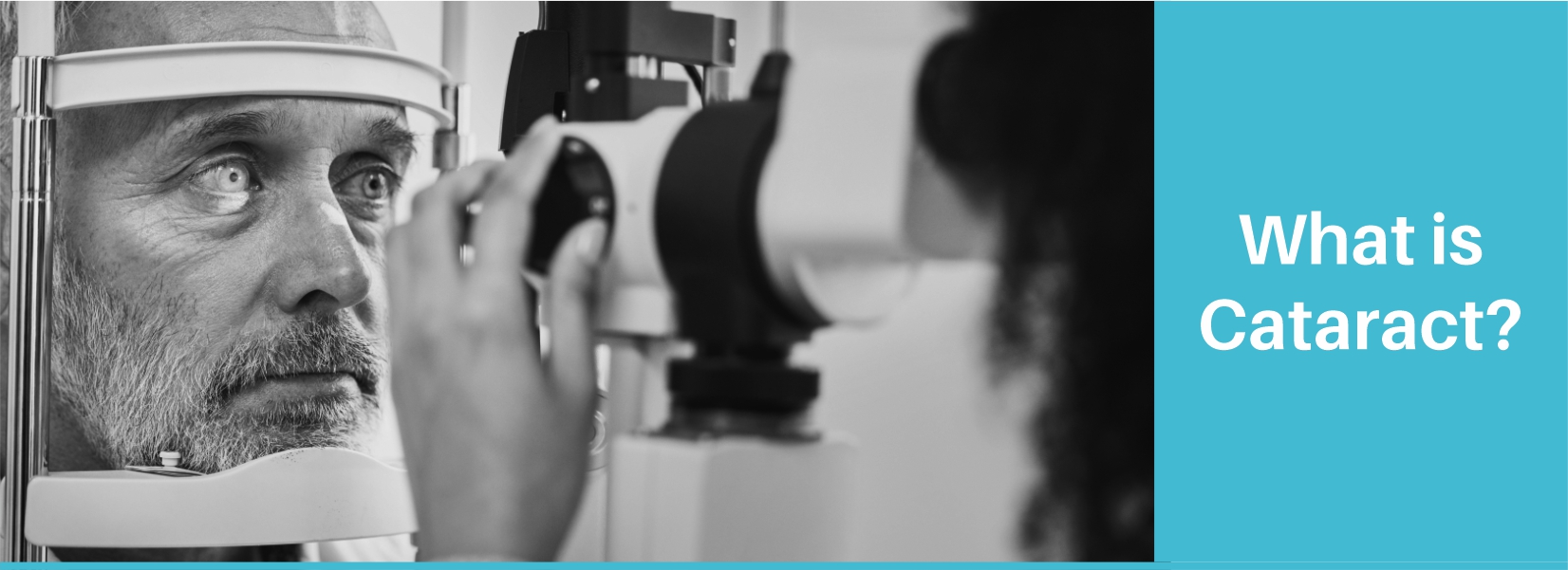Double Vision? Cloudy Eyes? These Could Be Cataract Warning Signs

Cloudy vision, glare around lights, faded colours—or even double vision—can signal early-stage cataract development. As lens proteins break down with age or due to injury, symptoms begin subtly but worsen over time.
Understanding Cataract and Its Symptoms
A cataract makes your eye's natural lens cloudy, which scatters light and blurs your vision. Common warning signs include:
- Blurred or foggy vision objects losing sharpness
- Monocular diplopia refers to the phenomenon of double vision occurring in just one eye
- Halos or glare, especially around headlights at night
- Diminished colour perception, as hues turn dull or yellowed
- Frequent prescription changes, needing stronger lenses more often
Early detection allows lifestyle adjustments or corrective lenses to help, but surgery remains the only permanent solution.
Common Cataract Types & How They Affect Vision
Tej Eye Center’s site outlines cataract types to clarify how symptoms differ.
- Nuclear cataract: Central lens yellowing causes diminished distance vision and occasional double images.
- Cortical cataract: Rim-like spoke patterns cause haze, glare, and monocular diplopia.
- Posterior subcapsular cataract: This fast-progressing type forms at the back of the lens, causing night vision loss, halos, and double vision.
Understanding the type supports targeted treatment, from glasses to laser-assisted surgery.
Cataract vs. Other Vision Issues
Double vision and cloudy vision aren’t exclusive to cataract—they may stem from glaucoma, macular degeneration, diabetic retinopathy, or stroke. A detailed eye examination—visual acuity test, slit-lamp evaluation, and retinal check—is essential.
Diagnostic Steps at Tej Eye Center
At Tej Eye Center, the diagnostic procedure follows best practices:
- Reviewing your health for symptoms and potential risks: This is a bit more patient-friendly and less formal.
- Visual acuity test standard letter chart used separately for each eye.
- Slit-lamp examination Magnified detail of the ocular lens and associated structures.
- Retinal exam with pupil dilation to assess the lens and retina
Cataract evaluations are crucial for pinpointing the type and severity of cataract affecting your vision. These assessments help your eye care professional determine the most suitable treatment options available to you.
Treatment Options Tailored to You
Early-stage management may include:
- Stronger, anti-glare eyeglasses
- Bright, focused lighting for near work
- UV blocking sunglasses
- Reading magnifiers, particularly for cortical cataract
When vision interferes with daily life, surgical options are most effective:
- Traditional Phacoemulsification
- Laser-Assisted Cataract Surgery
First, the eye is numbed. Then, the cloudy lens is removed and an intraocular lens (IOL) is implanted. Safe, outpatient, and quick
Femtosecond-laser assists lens fragmentation and capsulotomy, increasing precision and potentially reducing recovery time
Life After Cataract Surgery
With advanced IOLs, many patients regain sharp, full-colour vision:
- Monofocal lenses restore distance vision
- Multifocal or accommodating lenses reduce dependence on glasses
- Toric lenses correct pre-existing astigmatism
Postoperative care is crucial:
- Wear protective eyewear and UV-blocking sunglasses
- Avoid heavy lifting and eye rubbing
- Follow prescribed eye-drop schedule
- Attend follow-up visits for monitoring
Cataract Prevention & Eye Care
Though age is the primary risk factor, certain lifestyle choices help delay onset:ifficulty seeing in low light conditions.
- Shield eyes from UV rays: Sunglasses and hats outdoors
- Quit smoking: Smoking increases cataract risk threefold
- Manage health conditions: Especially diabetes and hypertension
- Consume antioxidant-rich foods: Such as leafy greens, fruits, nuts, and fatty fish
- Limit alcohol: Schedule regular comprehensive eye exams
These actions promote overall eye health and support recovery.
Why Choose Tej Eye Center in Modasa?
Cataract symptoms demand timely attention. At Tej Eye Center, patients benefit from:
- Diagnostic tools: slit lamp, OCT-guided laser platforms
- Experienced specialists: in cataract surgery and IOL selection
- Personalised care pathways: from early management to premium lens options
- Targeted services for Modasa residents: including cataract treatment in Modasa and access to the best eyecare doctor in the region
Final Thoughts
Persistent visual changes especially double vision, blurred clarity, faded colours, or light glare should prompt a professional eye check-up. Whether through early corrective lenses or advanced surgery, Tej Eye Center delivers exceptional care tailored to community needs. A clear future begins with a clear vision and Modasa’s premier eyecare team is here to guide the way.
Contact Information
For more details or any inquiries, please call +91 7778057500 or email us at info@tejeyecenter.com. Our dedicated team is here to assist you with all your eye care questions and support you on journey to better vision.






